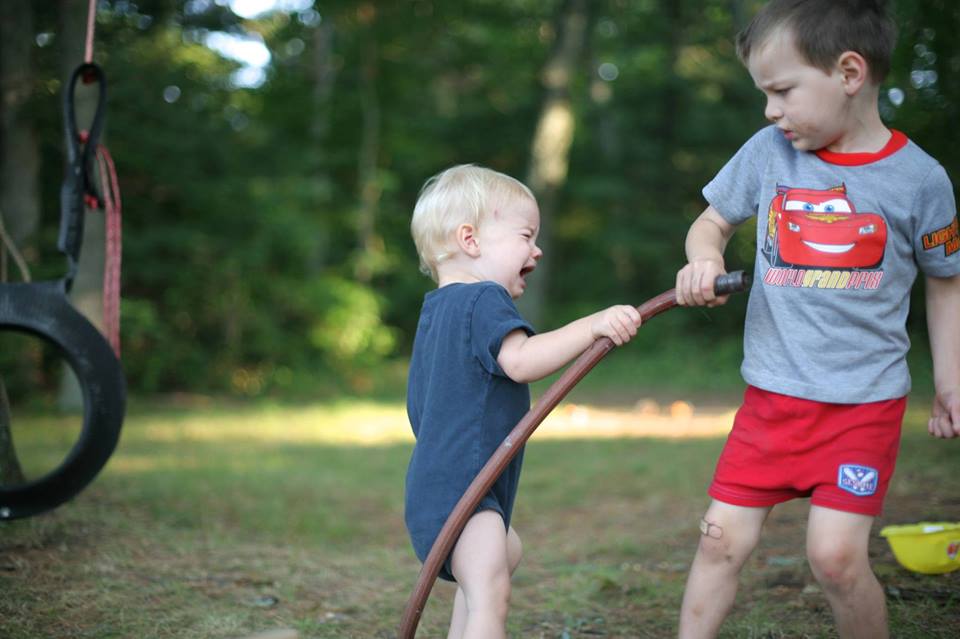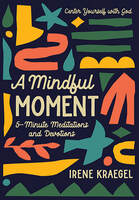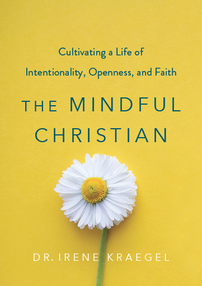“As a father has compassion for his children, so the Lord has compassion for those who fear him.” Psalm 103:13  Being a parent has some really, really challenging moments. My lowlights reel from the past two weeks includes forcing my second grader to follow through on a performance commitment while he angrily panicked, feeling tearful and fragile after he beat me at checkers for the fifth time in a row (?!), and obsessively worrying about whether he will dread coming home for the holidays when he is an adult. These moments all included feelings of shame, anxiety, and depression. In fact, I would prefer to focus on my highlights reel, which is what you’ll find on my camera roll – moments of love, connection, pride, and raw joy. But it is our struggles that pull us together, so let’s take time here in this shared moment on the world wide web to pause and acknowledge the struggle that is parenting. Parenting is a hard job. I don’t know about you, but here are some of the things that make mothering hard for me:
This is just an initial list, and if you’re a parent, you probably have plenty more types of challenges to add that reflect the particularities of your life. (Note: If you’re a parent who says that raising a child is all butterflies and rainbows, you’re not an honest parent. See #6 above.) So I dedicate this blog post to all of the parents out there. If you would like to stop reading here and just dwell in the solidarity of shared suffering, be my guest – this is a nonjudgmental space. But if you are interested in hearing about how mindfulness can support us during moments of parenting pain and open us up to moments of parenting joy, I invite you to read on. Because parenting is one of the areas where I have found mindfulness to be the most delightful and impactful, and I am excited to share with you some of my experiences and practical applications in the area of mindful parenting. Mindfulness is intentional awareness of the present moment with an attitude of openness, curiosity, and nonjudgmental acceptance. This is often effective in calming our intense emotions and providing a calming response for others who are struggling. This makes mindfulness a very effective tool in responding to children, who are still learning to moderate their own emotions effectively while often triggering our own emotional responses. Savoring the Good The most beautiful part of mindful parenting is when it creates connection with our children, helping us to experience and savor the joy-filled moments. Here are some simple steps I take, when I remember, to capture these moments of beauty:
 Caring for Ourselves One of the most useful aspects of mindful parenting is using mindful awareness to calm down our own emotions, making us more effective in caring for our children and also for ourselves. Here some simple steps I take, when I remember, to effectively manage my own emotions in the midst of challenging parenting moments:
 Teaching our Children One of the most impactful aspects of mindful parenting is the way it teaches our children to manage their emotions effectively. Here are some simple steps I take, when I remember, to support my child in applying mindfulness to his own life:
If you are a parent, I would love to hear about your own moments of mindful parenting. How do you practice mindfulness in the context of your relationship with your child? What resonates with you about these approaches, and what would you add?
If you are not a parent, whether or not by choice, I hope you will find these thoughts useful in thinking about your relationship with your parents, with children in your life, or even with peers who are parents. During my many years of pregnancy loss and childlessness, I held much resentment toward parents who complained of their struggles. Mindfulness would have been helpful for me during that dark period of my life. Perhaps you have thoughts on that as well. Either way, I hope you’ll drop me a line in the comments below or at [email protected]. Special thanks to Lora Armendariz, who invited me to blog on this topic. You can find her own lovely thoughts on the subject at The Beautiful Day Project – I hope you’ll check it out. And thanks to my wonderful son, Milo, who when asked if he wanted to contribute anything about mindfulness to this blog post said "Yes. That it works really well. And that I really like it, so I think that other people might too.” So there you go -- try it out :).
4 Comments
|
Author
I am Irene Kraegel. I am licensed as a clinical psychologist and teach mindfulness on a faith-based university campus. I practice mindfulness because it opens me up to God (a.k.a. brings joy). I am writing here in hopes of sharing some of my experiences and thoughts related to the practice of mindfulness in the life of a Christian. Thanks for reading! Books
Blog archives
December 2023
|



